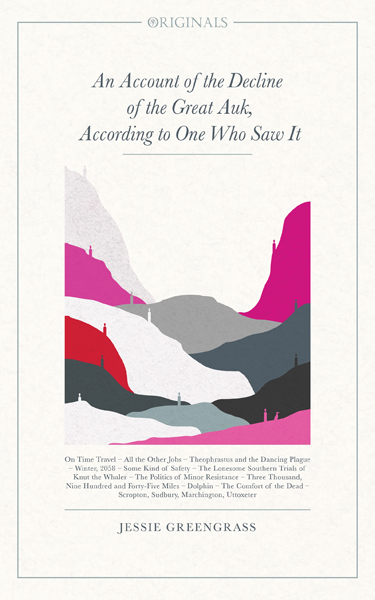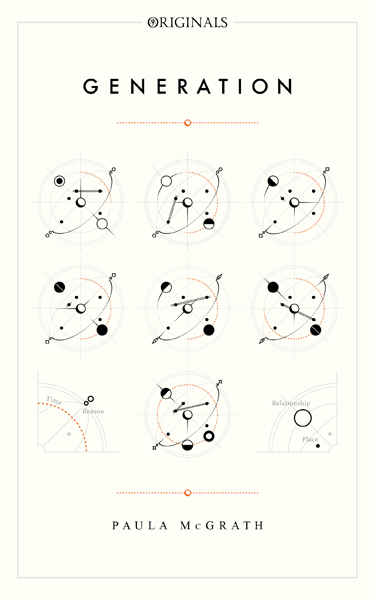Through a glass half full
by Mark Richards
“A genuinely new and assured voice.” A.L. Kennedy
Dear reader,
I want to tell you about a new list we’re launching at John Murray, called JM Originals. I’ll be honest – I’ve found it quite hard to pin down exactly what the list is. The line we’ve been using, printed on the first page of each book, is that it’s “a home for fresh and distinctive new writing; for books that provoke and entertain” – which is true enough, but it’s not exactly specific, and applies equally to the books on the main John Murray list.
The other day I was thinking about this over a pint of Deserter, made by the Penge brewery Late Knights, when it dawned on me: JM Originals are like craft beer.
Of course it might have been the IPA talking, but I thought through the analogy. Craft beer isn’t – necessarily – an indication of quality, though you hope it’ll be good. It is, rather, a sense of various things: of small scale; of care taken in production; of the ability to take more risks, and try out new things. And, crucially, of being confident there’s an audience who are willing to try the new – and sometimes to be rewarded with something truly unusual and brilliant.
Liking craft beer is not – except in its worst, snobbily beard-stroking excesses – to make an argument that the well-known is bad. No one’s going to say a word against a good pint of Guinness, or that there aren’t times when a refreshing Amstel is exactly what you need; while if you come across Timothy Taylor’s Landlord on tap, then you’d be a fool not to get a pint. It is, rather, to say that there are times when you want the familiar, and there are times when you want to seek out the new.
Publishers need to take a chance on unknown or less obvious writers; and, just as importantly, readers who are willing to try something off the beaten track can reap great rewards”

“Fresh, new and different.” Bookbag
Similarly, JM Originals isn’t a claim that the writers you know and love are bad: we love them too (and so we should, we publish some of them). But literary publishing relies on the small-scale, even if the hope is to end up big. It relies on care taken editorially, in production, in publicising and publishing. It has a relationship with the popular that is, in my view, the saving grace of the novel – that, in the end, it has to speak to a large number of people – but that is also vexed: if fiction is not to be condemned merely to repeat the already-successful, writers need to be given the space to develop and experiment without thinking primarily of a large audience – and they need to be supported while doing so. Publishers need to take a chance on unknown or less obvious writers; and, just as importantly, readers who are willing to try something off the beaten track can reap great rewards.
If you’re reading this, you’re already interested in intelligent, interesting books, so I’d ask you to join us and try something a little different. Of course you’ll quickly get a sense of whether our kind of risks are up your street – of whether your tastes align with ours. Some JM Originals will be debuts – like our two launch titles – but they very much don’t have to be. Others could be mid-career novels, by authors who may well be yet to produce their best work; or authors from overseas, as yet unknown in this country; or perhaps even a certain kind of – surprising, idiosyncratic – non-fiction.
But whatever they are, we set up the list with only one criterion: that the books we publish are ones we think are very good, by writers we think should be read. No other consideration matters.
I hope we can all drink to that.
![]() Mark Richards is an editorial director at John Murray. The two JM Originals launch titles, An Account of the Great Auk, According to One Who Saw It by Jessie Greengrass, and Generation by Paula McGrath, are out now in paperback and eBook
Mark Richards is an editorial director at John Murray. The two JM Originals launch titles, An Account of the Great Auk, According to One Who Saw It by Jessie Greengrass, and Generation by Paula McGrath, are out now in paperback and eBook
@J_M_Originals

